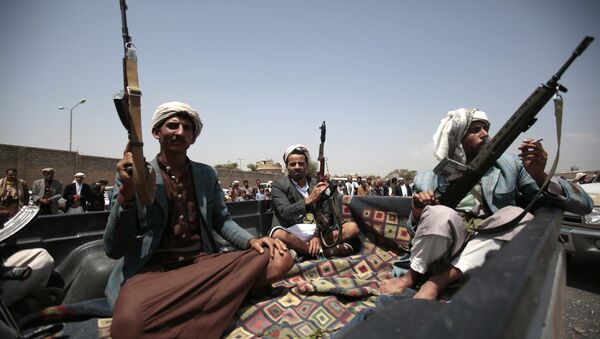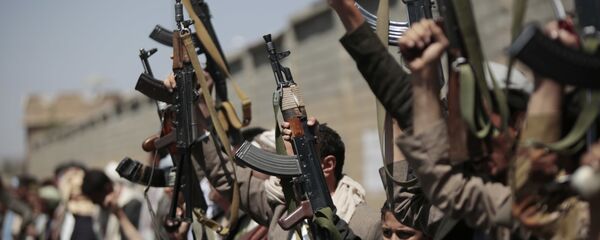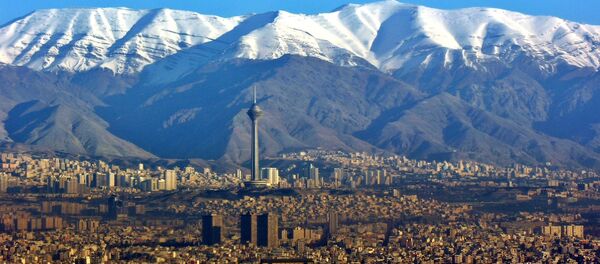"We've never provided weapons to Houthis. The Houthis use the weapons provided to them by Saudi Arabia… with Saudi money buying weapons from Russia, buying weapons from China, and buying weapons from North Korea… You are looking at the wrong address if you ask Iran", Zarif said at the Doha Forum in Qatar.
At the same time, Zarif stressed that the Saudi-led coalition's bombing of Yemeni people was an obvious fact that needed no extra evidence.
"I don't need to show any evidence about the jets that are flying in Yemen, bombing the Yemenis. Those are American-made jets, and those are Saudi fighters, I assume… There are facts about US weapons, there are facts about Saudi bombing", he said.
READ MORE: State Dept. Top Official: Support for Saudi-Led Coalition in Yemen 'Necessary'
Saudi Arabia is interested in increasing tensions in the region, and the examples of a blockade of Qatar and the military operation in Yemen prove that the minister stressed.
"Unfortunately, Saudi Arabia does not want to reduce tensions. Actually, Saudi Arabia believes that it is in its interest to increase tensions. Look at what they did with Qatar. Look at how they imprisoned the prime minister of another country. Look at what they are doing in Yemen", Zarif said.
The fighting has recently intensified near the Houthis-controlled city of Hodeida, through which the rebels receive humanitarian and commercial cargoes. The Yemeni government, in turn, claims that the port city is receiving weapons from Iran.
On Thursday, the UN-mediated discussions on Yemen in Sweden between the warring sides resulted in an agreement to cease hostilities and withdraw forces in Hodeida. The parties agreed to create a UN-chaired monitoring committee in addition to establishing humanitarian corridors to the city of Taiz. The sides also agreed to exchange more than 4,000 war prisoners in late January 2019.
Human Rights in the Islamic Republic
Zarif also addressed the humanitarian aspect of the situation in Iran, stressing that Tehran decisively opposes human rights abuses.
"Obviously, everybody's record of human right can be improved… Of course, our human rights record can be improved, of course we have excesses, obviously, every country has excesses", the diplomat said.
The Iranian foreign minister stressed that Iranian citizens were on whom the state relied for the country's defence, prosperity, economic development and scientific achievements.
READ MORE: Iran Offers to Provide Health Services to Yemen, Syria
"We build our own weapons, these are the people who are building those weapons… So if it is a moral obligation for someone to observe human rights, for us it is a matter of national security. We make mistakes, people commit excesses, but that does not mean that others are in position to give us lectures about human rights," Zarif stressed.




